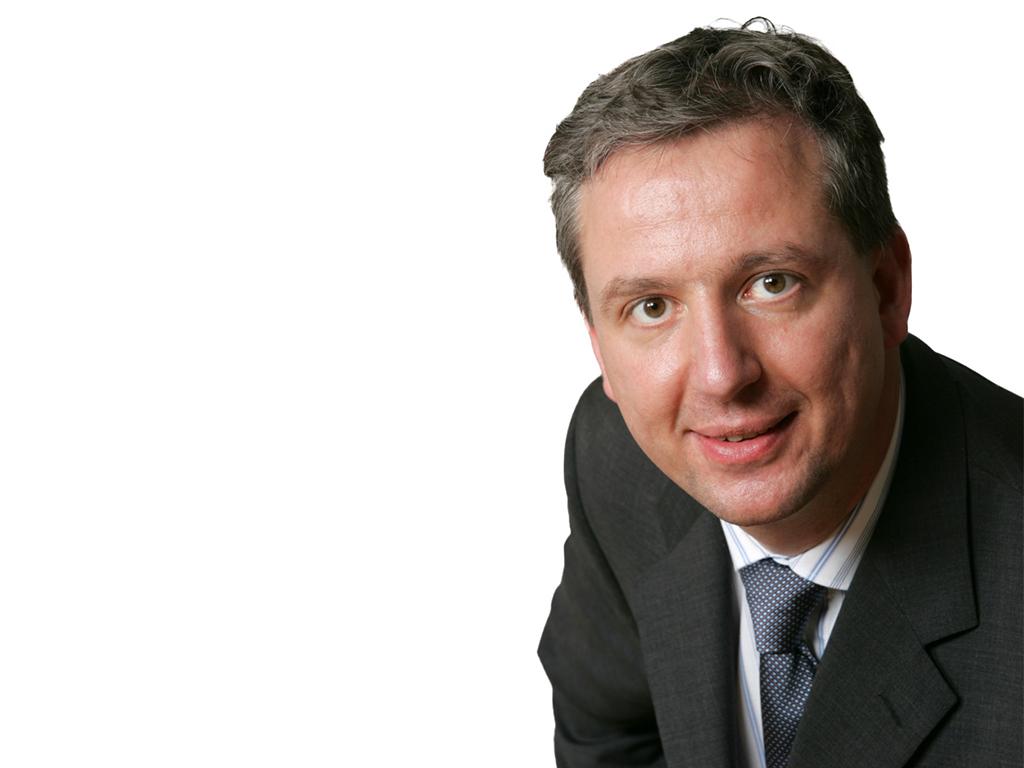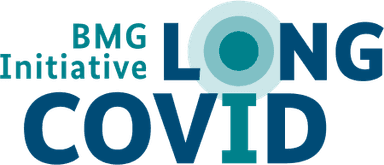Note: The following text is a guest article. They reflect the personal views of the author. The article is not an expression of opinion by the Federal Ministry of Health.
Guest article: Dr. Martin Danner
In his guest article, Dr. Martin Danner, the chairman of the BAG Selbsthilfe, urges politicians to expand health care services for those suffering from Long COVID Syndrome, to promote self-help and to ensure further training for outpatient and inpatient doctors concerning the symptoms and treatment options of Long COVID Syndrome.
Published on: 09/08/2023

© BAG Selbshilfe
Statement by Dr Martin Danner of BAG SELBSTHILFE regarding Long COVID
Today, after more than three years since the first SARS-CoV-2 infections, the treatment options for people suffering from Long COVID Syndrome are still quite problematic. Unfortunately, there are no proven drugs or therapies that would cure long-COVID syndrome. Nevertheless, there are treatment strategies that can alleviate or even improve the health condition of many patients. On the other hand, the market is also full of offers that can only be classified as useless or even risky. Against this background, people suffering from Long COVID Syndrome need information about the latest developments in research on Long COVID Syndrome on the one hand, but on the other hand they also need support and the chance of sharing experiences with other patients and looking together for solutions to improve their quality of life in their daily and professional lives.
This is where Selbsthilfe comes into play, offering people suffering from Long COVID symptoms this opportunity to share information and experiences, and to jointly represent their interests vis-à-vis society and the political arena. In order to improve the health conditions of those affected on a wider basis, the BAG SELBSTHILFE has also founded the Long COVID Networking Office with the support of the German Pension Insurance Association. The objective here is to provide an up-to-date, comprehensive and realistic picture of the developments in the health care provision for the Long COVID Syndrome, to bring together those affected and thus to ensure a lasting improvement in their health condition.
Expectations from the political and self-administrative spheres
- As BAG SELBSTHILFE, we believe that it is absolutely imperative that the existing know-how is communicated to the general public and to health care providers; especially in the field of outpatient care. Too often, those affected are still brushed off by doctors or their health impairments are not taken seriously. Family doctors have a special responsibility here. Generally, they are the first point of contact for those affected and should therefore have a comprehensive understanding of the recognition of symptoms and the initiation of diagnostic measures. In this respect, a corresponding strategy would have to be developed on how outpatient and inpatient physicians can be informed and trained with regard to the symptoms and treatment options of the Long CVID Syndrome.
- In addition, sustainable and reliable funding for Long COVID self-help is also required in order to be able to establish the desperately needed counselling and support services and to further advance the organisational development processes for further networking of the local self-help groups.
- Overall, however, the number of health care services must also get better: At present, only a few rehabilitation facilities specialise in post-COVID syndrome; these are overcrowded as a result or are unable to offer the appropriate rehabilitation services to those affected. There are far too few post-COVID outpatient clinics, and there is a complete lack of networked interdisciplinary health care services on an outpatient level. This situation urgently needs to be remedied.
- Finally, research on post/long COPD syndrome must continue to be funded. There is still no curative treatment; this is an enormous burden, especially for those severely affected, as there is barely any real hope for them. Against this background, efforts to develop therapies and drugs must be accelerated. The USA, for example, spends 1 billion US dollars per year on such efforts.
